Keywords: United Nations
There are more than 200 results, only the first 200 are displayed here.
-
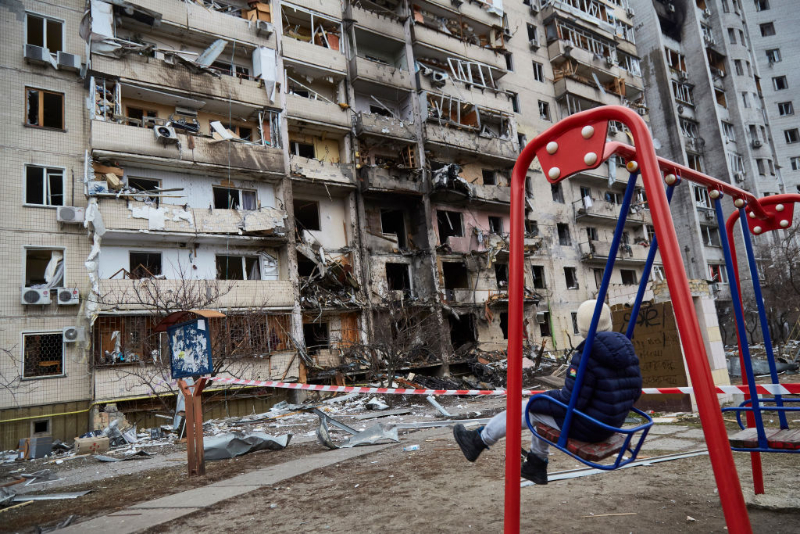
INTERNATIONAL
- Andrew Hamilton
- 08 March 2022
19 Comments
In the face of the horrors of invasion it is natural to be fascinated by the destructiveness of war and to immerse ourselves in military and political strategies. It is also natural to feel helpless and angry at the destruction of human lives, of cities and freedoms, and from a distance to barrack for one side and against the other. We attribute blame and praise, weigh causes and justifications, and divide the world into friends and enemies.
READ MORE 
-
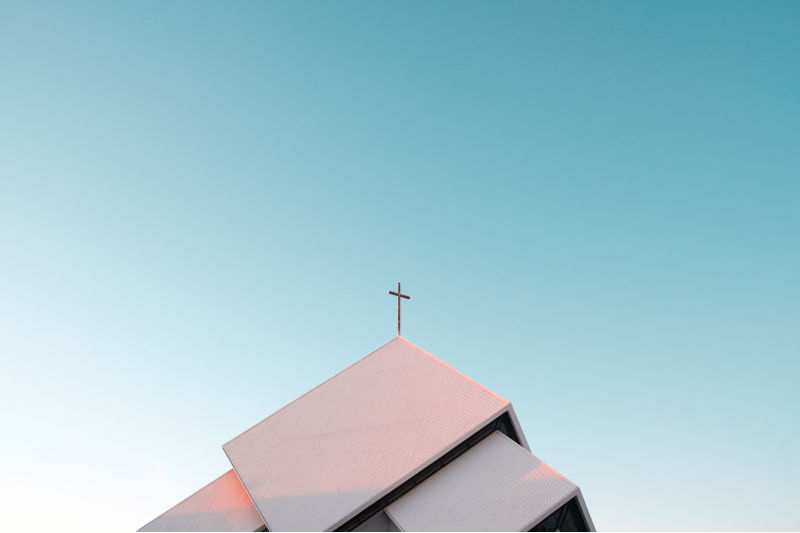
RELIGION
- Andrew Hamilton
- 04 January 2022
12 Comments
The exchanges within churches echo trends in national life that heighten disagreements, lessen respect, and tend to confine conversation circles to people of similar views. People become annoyed if those opposing their views gatecrash their forums. This trend creates problems for Church sponsored publications.
READ MORE
-
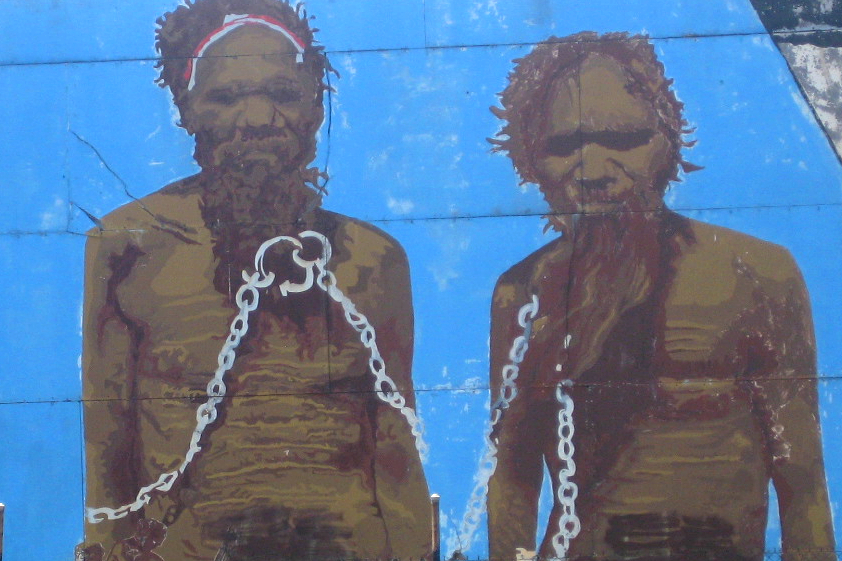
AUSTRALIA
- Brian McCoy
- 14 December 2021
15 Comments
I don’t write to State Premiers very often. However, a month ago I did. It was to the Western Australian Premier, Mark McGowan. It was not about Test cricket, the Juukan Gorge or opening the state’s borders. It was in relation to a photo on the front page of The Australian on the weekend of the 6/7 November showing an Aboriginal man in Western Australia boarding a plane under arrest. He was barefooted and with both a wrist and ankle chain.
READ MORE 
-
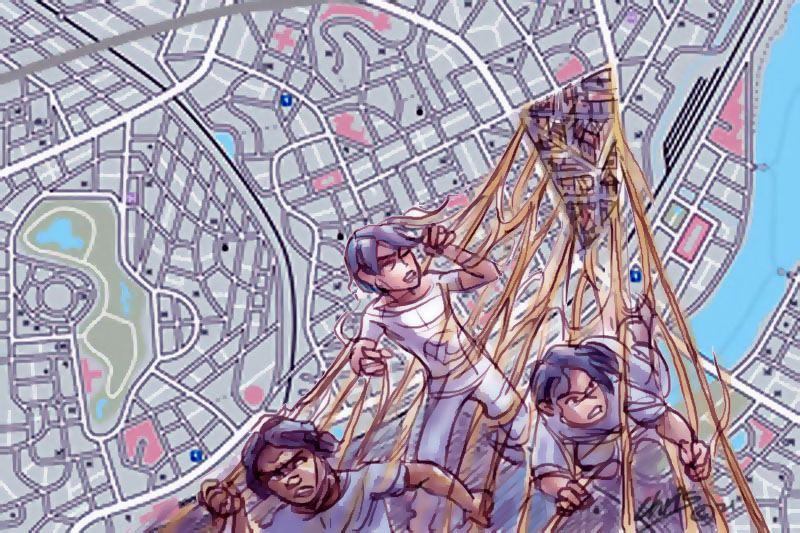
AUSTRALIA
- Ross Homel
- 09 December 2021
2 Comments
A small minority of localities situated outside Greater Brisbane suffer from disproportionately high rates of a wide array of problems including low income, overcrowding, long-term unemployment, particulate matter in the air, no internet, child maltreatment, and youth crime. These different strands of disadvantage pile-up and interlock, countering attempts to break free.
READ MORE 
-
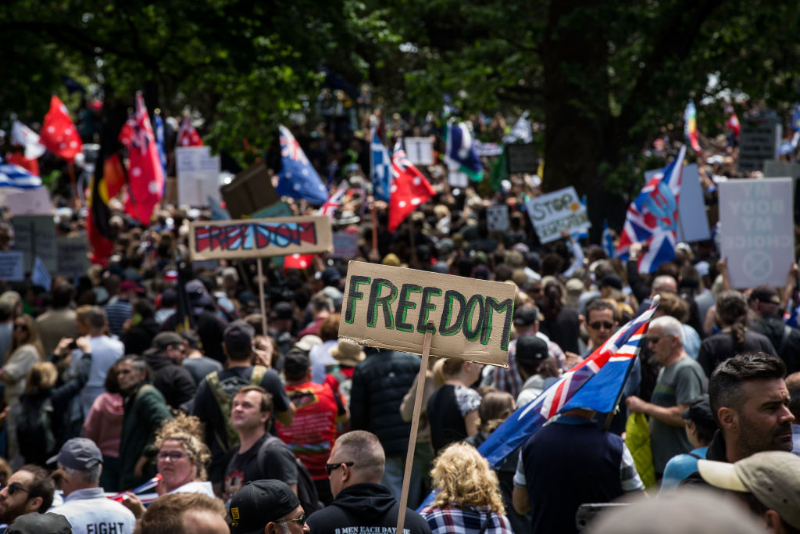
AUSTRALIA
- Andrew Hamilton
- 24 November 2021
31 Comments
There is much discussion about the future of democracy, freedom and other aspects of liberal institutions. Mainly in the United States, under the pressure of a polarised public life. But also to a lesser extent in Australia, in the face of the evasive and authoritarian behaviour of governments and the manifest priority of winning elections over addressing the existential threats of global warming and gross inequality.
READ MORE 
-
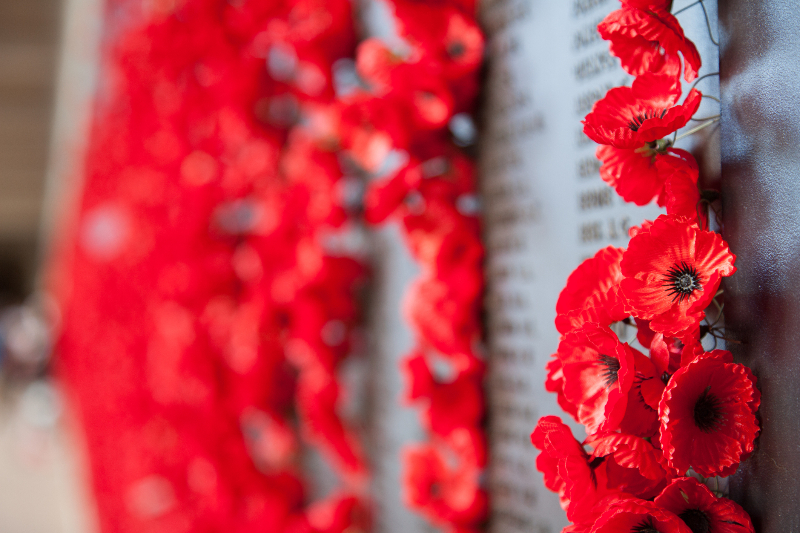
AUSTRALIA
- Andrew Hamilton
- 10 November 2021
13 Comments
Aficionados of United Nations Days and Weeks will know that this is the Week of Science and Peace. In the middle of it, perhaps deliberately and certainly paradoxically, sits Remembrance Day. Initially called Armistice Day, it marked the end of the First World War and of the industrial scale killing involved in it. The events of 1918 and what they might say about the relationship between war and science merit reflection today.
READ MORE 
-
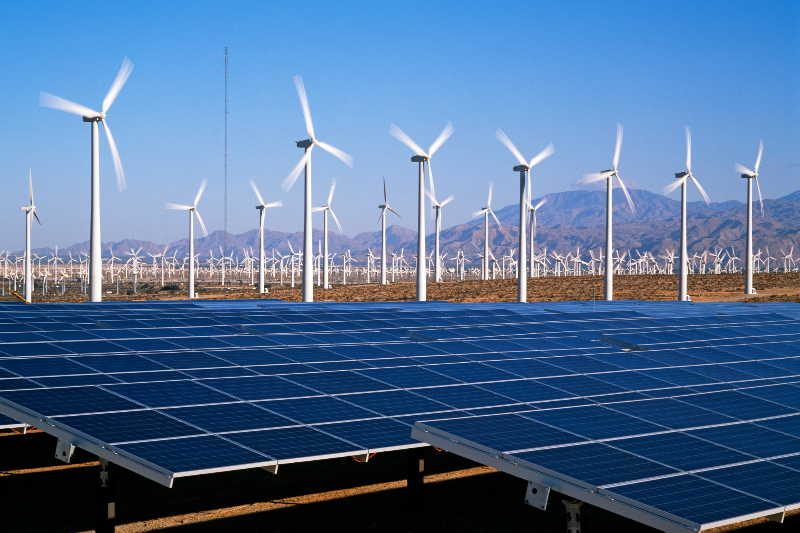
ECONOMICS
- David James
- 08 November 2021
4 Comments
The Glasgow United Nations Climate Change Conference has been advertised as an effort to focus on sustainable environmental solutions. What got much less attention, if any, is that it is probably at least as much about having a sustainable financial system. Many noted that China, did not send its leader: Xi Jinping, president of the world’s greatest CO2 emitter. There was also another significant absence: the financiers who are hoping to profit from the trillions allocated into climate change projects.
READ MORE 
-

ENVIRONMENT
- Cristy Clark
- 21 October 2021
7 Comments
On 8 October, at its 48th session, the United Nations Human Rights Council formally adopted a resolution recognising the human right to a clean, healthy and sustainable environment. It emphasises that ‘environmental degradation, climate change and unsustainable development constitute some of the most pressing and serious threats to the ability of present and future generations to enjoy human rights, including the right to life’.
READ MORE 
-
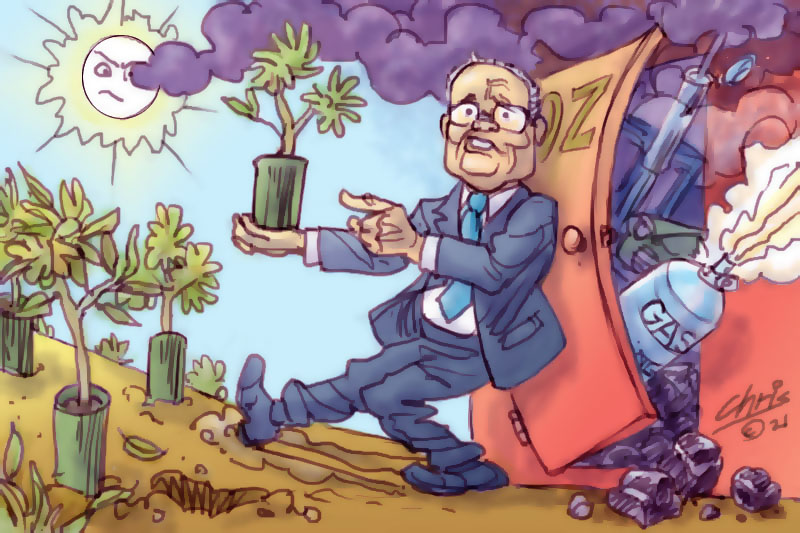
ENVIRONMENT
- Greg Foyster
- 18 October 2021
16 Comments
In July this year the UN ranked Australia dead last out for climate action out of more than 170 countries surveyed. Yes, our federal government’s climate policies are literally the worst in the world. But while Australia is a global laggard in reducing pollution, we’re something of a leader in covering up this failure and getting away with it.
READ MORE 
-

ARTS AND CULTURE
- Barry Gittins
- 11 October 2021
4 Comments
I have decided to observe October as a month to observe other people observing things. For me, there was a sense of self crumbling under the weight of being house arrested for the good of all. Gravitas, like gravity, can be crushing; I knew I needed a break from howling at the Moon (16 October is the ‘international observe the Moon night’). So to the calendar I turned.
READ MORE 
-
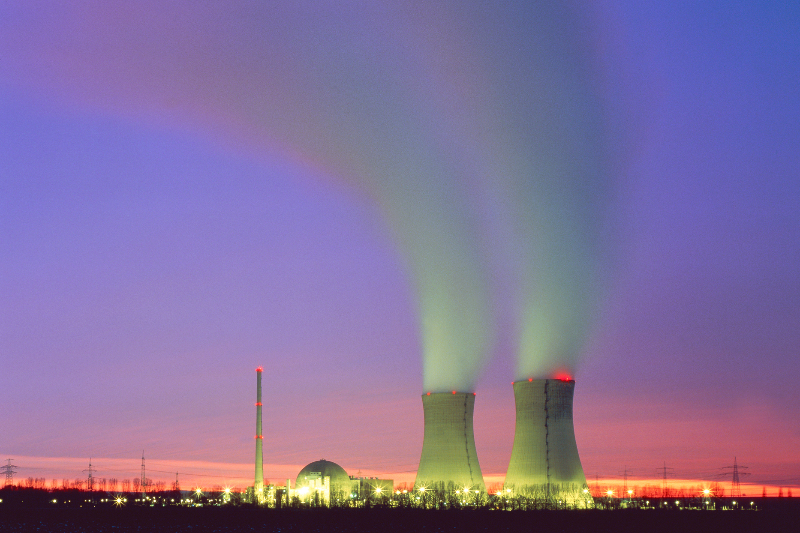
AUSTRALIA
- Andrew Hamilton
- 23 September 2021
15 Comments
Unlike December 25, September 26 is a World Day that passes by in silence. It calls for the Elimination of all Nuclear Weapons. Nuclear power is too mysterious to understand, too horrific to dwell on, and too far away to take responsibility for. It and its destructive power are unthinkable. And yet it continues to press on us, most recently in the announcement that Australia will build nuclear-powered submarines.
READ MORE 
-
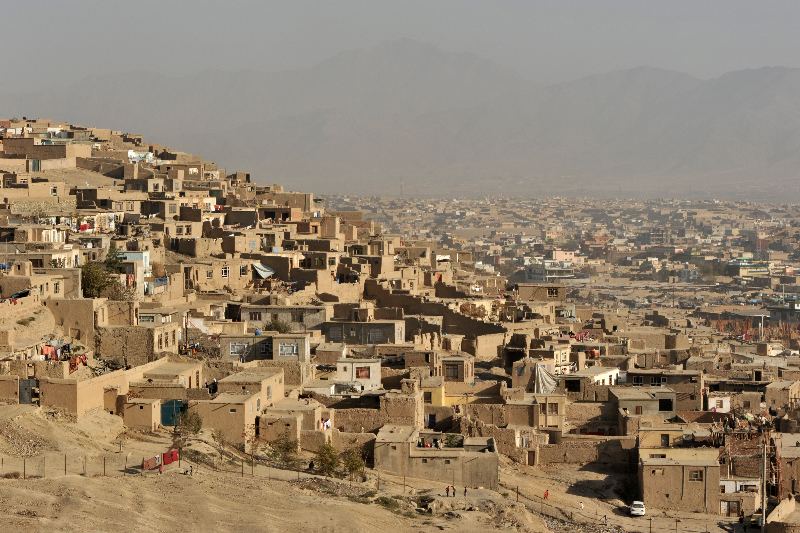
INTERNATIONAL
- Andrew Hamilton
- 24 August 2021
14 Comments
Most early commentary on the swift coming to power of the Taliban in Afghanistan has focused on how it happened and who was to blame for it. Much of the blame has been focused on United States President Biden and former President Trump. Increasingly attention has turned to the plight of people in Afghanistan, particularly women and those who helped the occupation forces and women.
READ MORE 